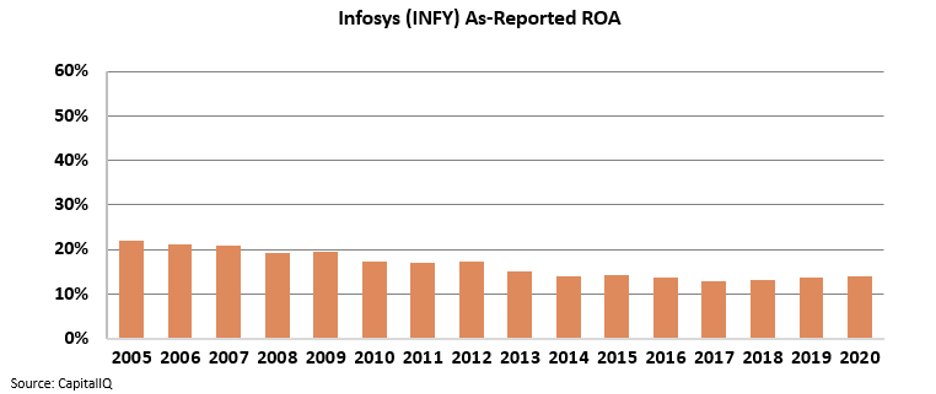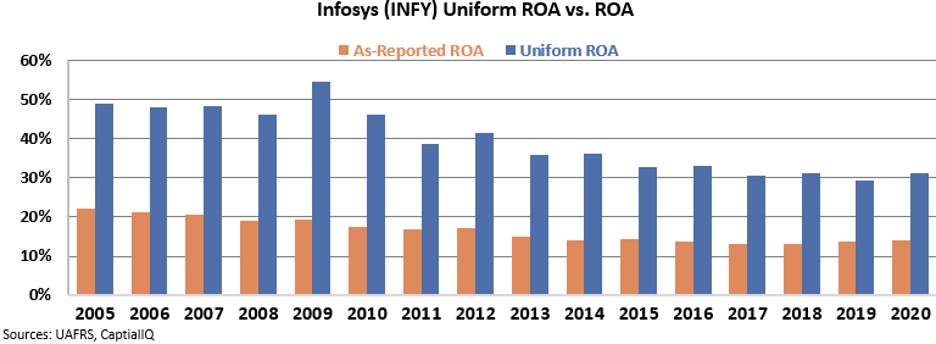 Getting your foot in the door at a consulting job is often the hardest part...
Getting your foot in the door at a consulting job is often the hardest part...
Back in the early 1990s, I was working as a CPA in Chicago and angling for a move into management consulting.
Accounting is about recording what has happened... and consulting is about helping firms plan for what to do in the future. I thought that a strong foundation in numbers would actually make me a better management consultant, so I did the CPA thing first.
When I began looking into making the change to consulting, I faced the chicken-and-egg problem that many people encounter when entering or changing careers...
To get a job in consulting, I needed experience in the industry. However, to get that experience, I needed a consulting job.
I found a way to work in a new role and gain valuable experience: work for free!
I volunteered at a program built to support Chicago Public Schools, wherein a small group of volunteers would learn advanced consulting methods. Then, those folks would apply those methods toward helping an assigned school.
The methodology taught in the program was total quality management ("TQM"). Pioneered by industry legend W. Edwards Deming, TQM and other concepts he developed have formed the foundation for the lean thinking that transformed Toyota Motor (TM) into the global car giant that it is today.
It was a great experience to learn and then apply – on real projects – these management consulting methods. I gained a lot to talk about in job discussions and interviews. No one cared that I wasn't paid for the work I did... I had real-world experience that stemmed from solving actual problems.
During my time as a consultant with Chicago Public Schools, I was teamed with a school principal in Lincoln Park. I sat in on administrative and financial planning sessions. I helped design new inventory management procedures. Together, we worked on ways for the school to better gain assistance from the parents' associations.
One thing I noticed and advised on... somehow, many of the planning meetings were being held without any agenda. That was one of the easiest recommendations I could make: Never have a meeting without an agenda.
 A good agenda is about actions, not updates...
A good agenda is about actions, not updates...
Meetings shouldn't be created to discuss topics... They ought to be designed to establish what must be done.
In the current world of conference calls and avalanches of Zoom (ZM) appointments, it's easy to move from meeting to meeting without reflecting on or ensuring that things must be done.
In fact, if an agenda item doesn't have a "to-do" associated with it, maybe it shouldn't be on the agenda at all. Updates can be circulated without a conference call.
To bring it back to practical terms, a successful management consultant doesn't just offer insights... He offers action items for the client in order to better reach goals.
 The best consulting companies offer targeted agendas to solve complex problems...
The best consulting companies offer targeted agendas to solve complex problems...
Over the years, one consulting firm has proven its ability to help clients determine the right actions and then execute on them.
This company also happens to have won India's coveted CII-Exim Bank Award for Business Excellence for successful implementations of TQM with its clients.
I'm talking about India-based Infosys (INFY), which has focused on process improvement and efficiency since its inception in 1981.
The company works to help other businesses outsource solutions across the globe, by analyzing and optimizing processes. This ultimately enables clients to deliver their products and services at a lower cost.
Infosys has achieved solid success using this business model.
On an as-reported basis, the company has earned a respectable return on assets ("ROA"). Over the past 15 years, Infosys' returns have always exceeded corporate averages of 12%... but have nevertheless trended lower. Take a look...
 But the as-reported numbers are understating Infosys' profitability...
But the as-reported numbers are understating Infosys' profitability...
The services the company provides to its clients are valuable... and using Uniform Accounting, we can clean up the financials and remove accounting distortions to see the real story for Infosys' profitability.
After making adjustments around items like excess cash, investment income, and other distortions, we can see that Infosys' real ROAs have been well above as-reported levels.
As you can see in the chart below, the company has been able to generate Uniform ROAs greater than 30% since 2005. This is almost triple corporate averages – indicating that the powerful service Infosys provides to its clients translates to higher profitability than GAAP metrics would have you believe.
Thanks to Uniform Accounting, we can see the real financial story for Infosys... and how the power and value of TQM and other consulting strategies can lead to big returns.
Regards,
Joel Litman
February 26, 2021



 Getting your foot in the door at a consulting job is often the hardest part...
Getting your foot in the door at a consulting job is often the hardest part... 



